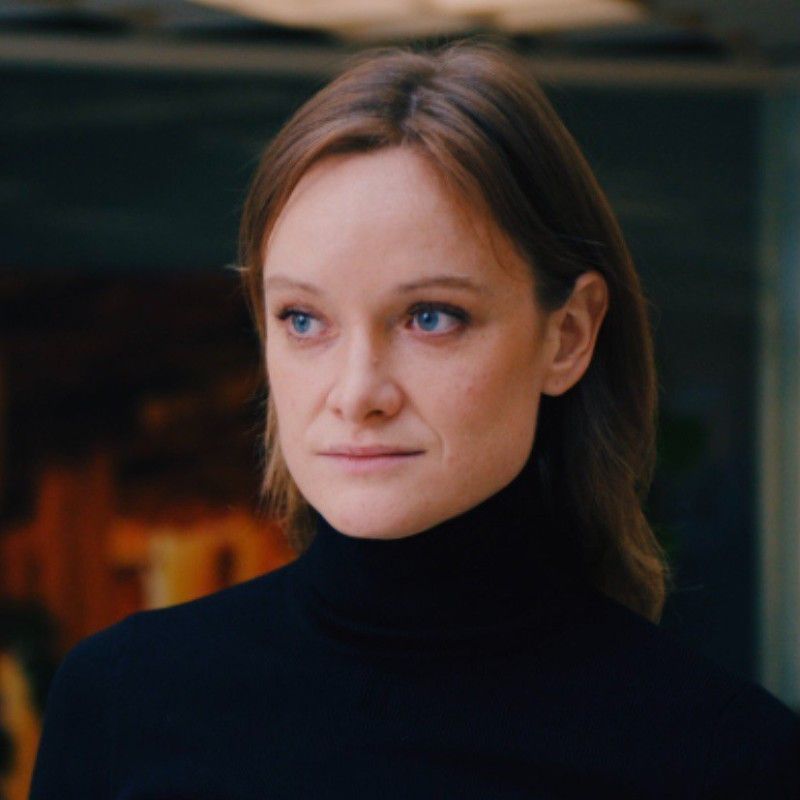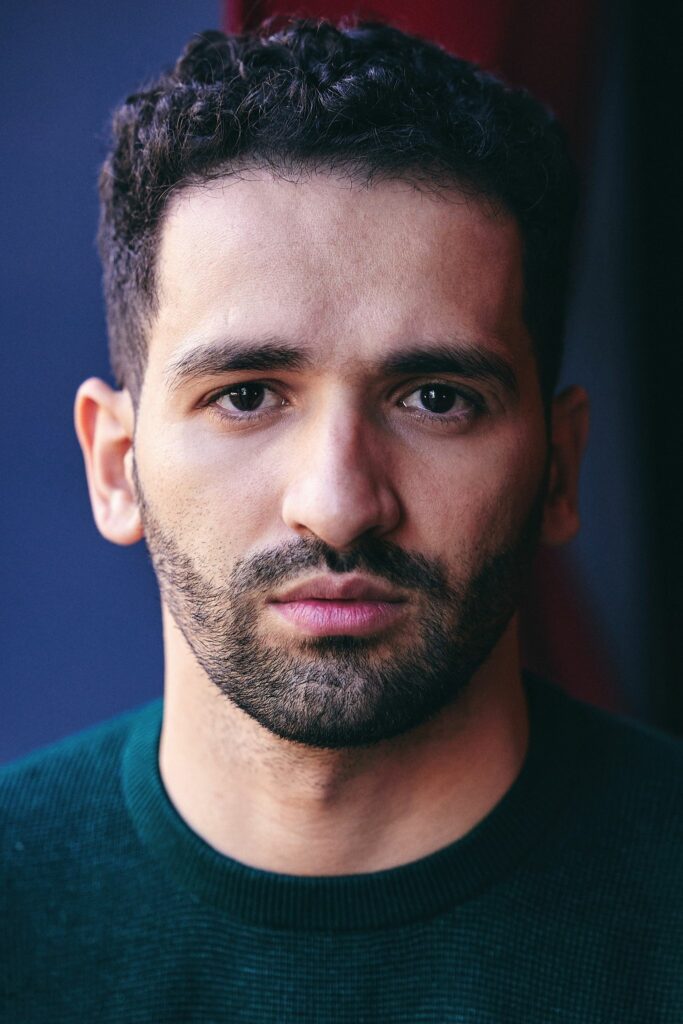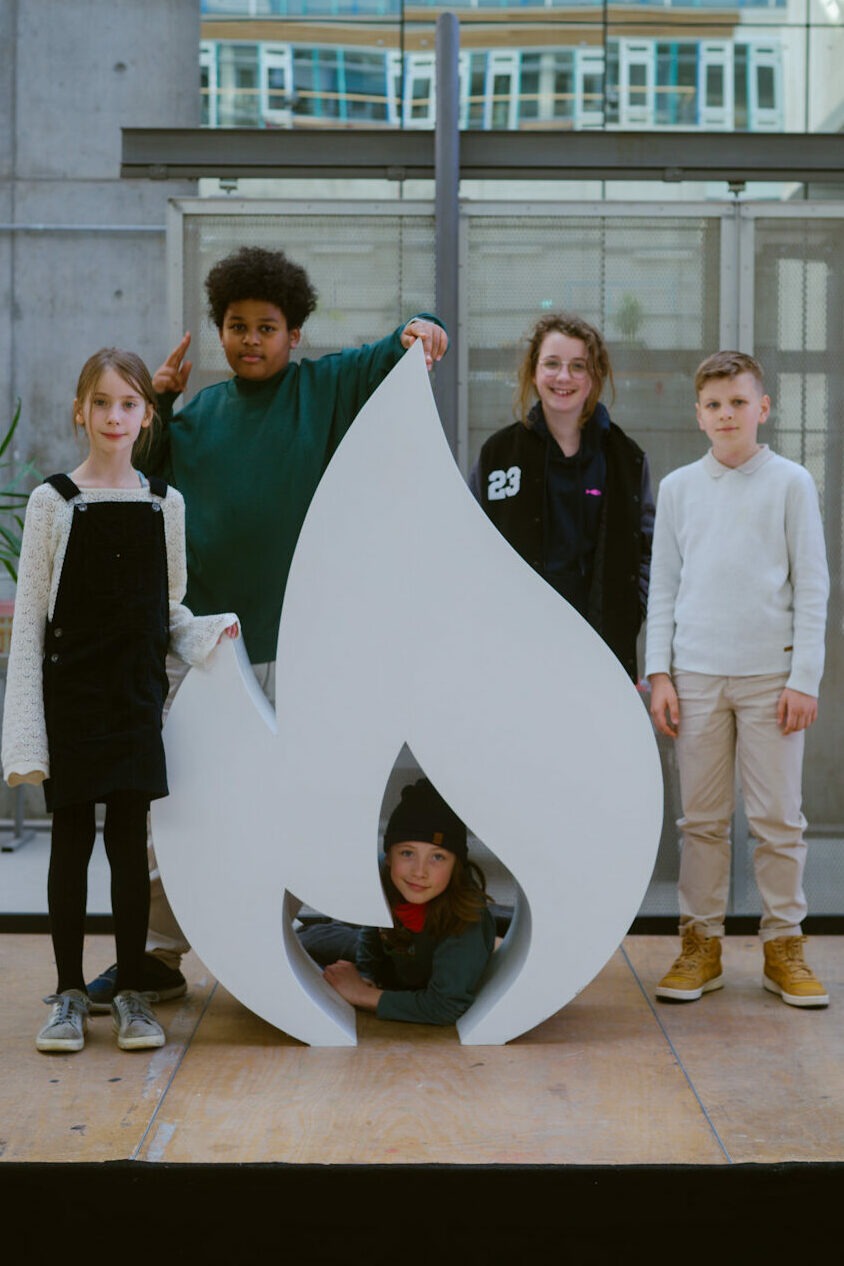“With students, I always hope that they are courageous” – Interviews with jury members
During the jury weekend at the end of March, our renowned jury of experts from the international film industry selected the winning films on site at the Film University. We asked the jury members Bianca Gleissinger (documentary), Hassan Akkouch (Schreibsüchte) and the children’s jury questions about their jury experience at Sehsüchte.
Bianca Gleissinger is a documentary film director. She studied at the DFFB and graduated last year with her documentary film “27 Stories”.

What made you want to be part of the Sehsüchte documentary film jury in general?
Gleissinger: As a documentary film director myself, I found it super exciting – this is my first jury experience too, to be on the other side a bit and find out: What does a jury process look like? What do the interviews look like?
What particular trends or developments have you observed in the films submitted?
Gleissinger: It was very international and the range in the duration also varied completely. I have the feeling that social politics is still a big topic. That means different topics in different forms and political cinema continues to be big. Especially with documentaries, I have the feeling that we saw a lot with a political message behind it.
Hassan Akkouch is a storyteller and actor. He is part of the Schreibsüchte jury.

What motivated you to take part in Sehsüchte as a jury member?
Akkouch: The hope of having a good experience, of course. And I’m in the process of learning how to write and read scripts differently myself. I always find it exciting when you meet people you don’t know and get to talk to them.
To what extent does the social relevance of a material influence your decision?
Akkouch: For me, it’s important, and I don’t mean that in a bold sense, that the material has a relevant theme or somehow fits in with our times. So someone can write a western for all I care, but then it has to have something to do with us here, with metaphors or analogies.
Are there any special features in the evaluation of student materials compared to professional materials?
Akkouch: With students, I always hope that they are courageous. These are really different materials and regardless of whether they are technically well written or not, it has to be said that most of the materials we have read have something special about them. And what I think is important – and unfortunately this happens too often – is that you don’t lose that special something that you bring with you, that you can also call talent or interest. That we don’t all become crime writers now, but that you maintain what drives you and the questions you ask yourself and don’t let your mind be capitalized on, so to speak.
The children’s jury consists of Lotta Schwericke (11), Ahmed Abdel Mahmoud (12), Willy Löffler (10), Anton Pulina (11) and Cosima Brandner (10).

What have you thought of the movies so far?
Kinderjury: Very good. Exciting and they covered a lot of important topics. So the environment, people and animal welfare.
How did you like the jury weekend in general?
Kinderjury: Good, it’s exhausting, but fun. The atmosphere at the Film University was great, it’s a great building.